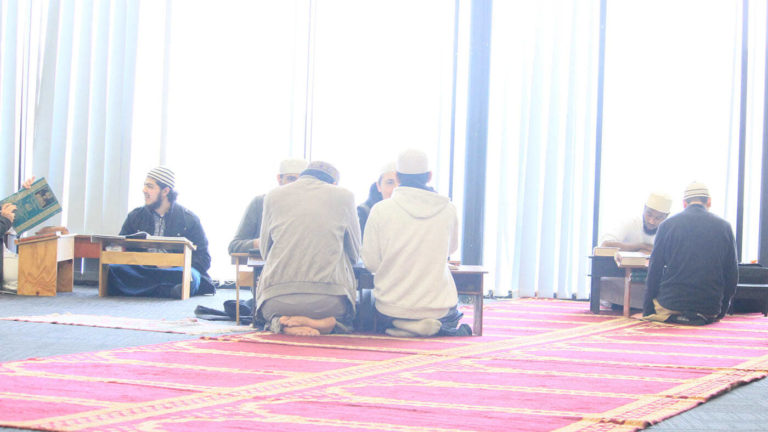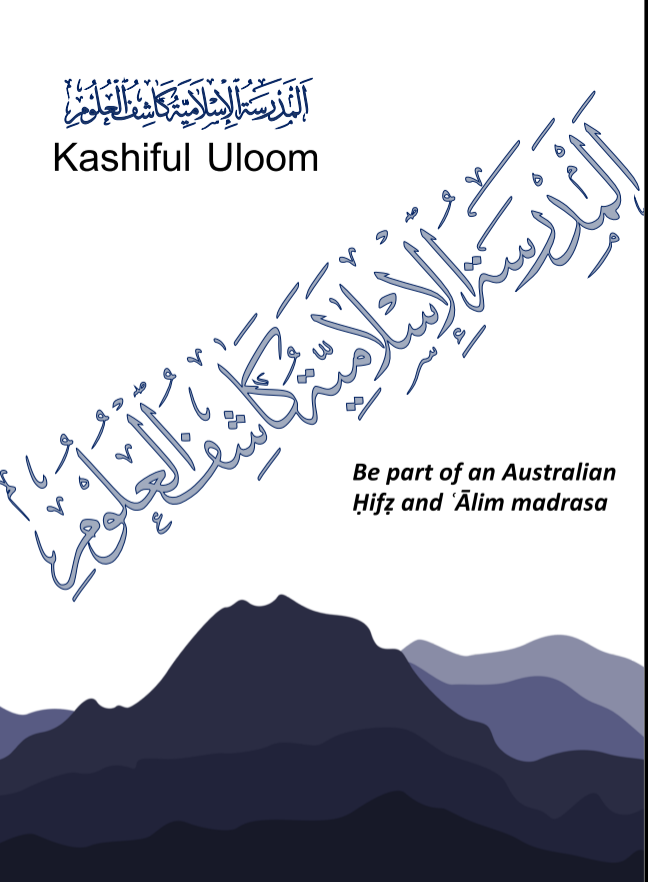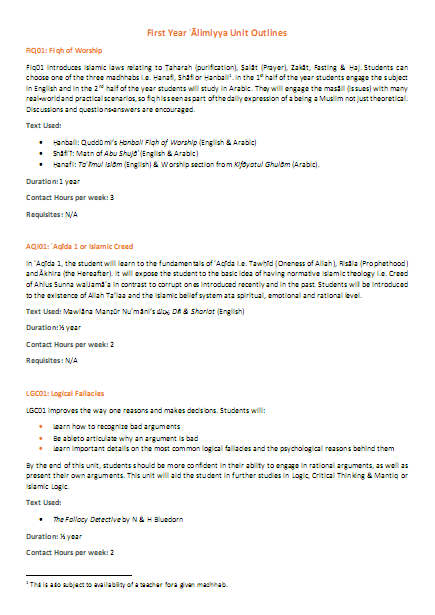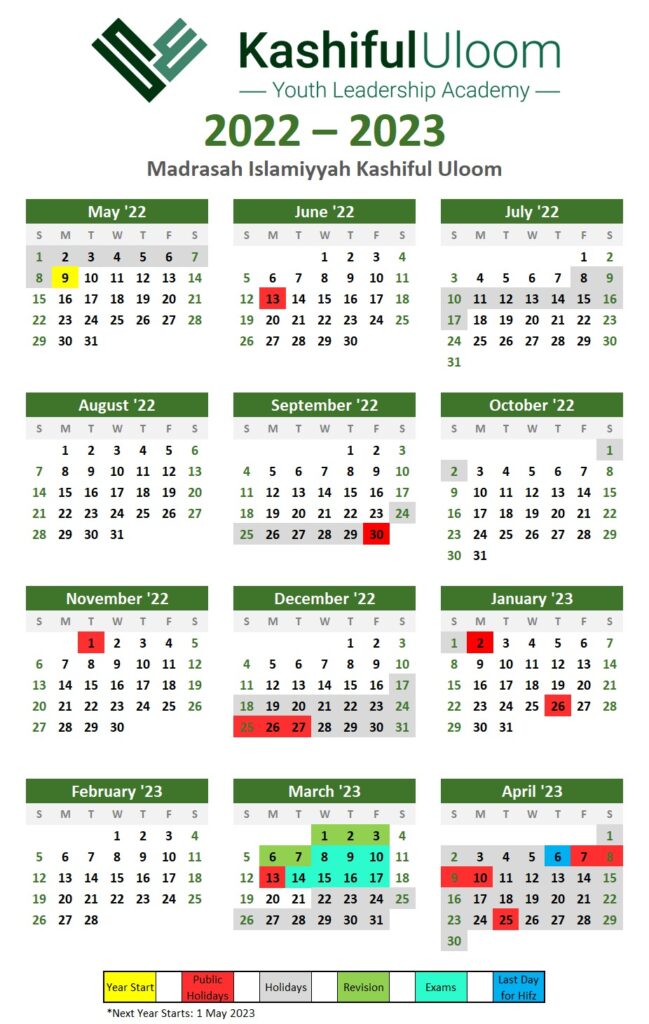ALIM COURSE
The ʿĀlim Programme is a 6-year traditional madrasa course on Islamic law and theology. The programme is an in-depth study of subjects such as Tafsīr, Ḥadīth, Fiqh and the principles of Tafsīr, Ḥadīth and Fiqh. It also includes an advanced study of classical Arabic.
The aim of the ʿĀlim curriculum is to produce ʿulamā (scholars) who are competent in the Islamic sciences such as Tafsīr and Ḥadīth possessing the skills necessary to serve and guide the Muslim community with excellence. In addition to imparting knowledge and skills, the curriculum, and the environment within which it is taught is designed to produce scholars whose scholarship is marked by tradition, intelligence, piety, responsibility, and generosity of spirit, ensuring that we are not simply producing academics and professionals seeking a career but are reproducing the selfless spirit that has always been the hallmark of Islamic scholarship.
The details of the syllabus, as well as the aims and objectives of each module, are to be found in the Academic Prospectus.
Classes are held 5 days a week (Monday to Friday), 7 AM until 1:30 PM and on Fridays 7 AM until 11:40 AM.
Students are expected to do muṭālaʿa i.e. new lessons preparation for a minimum of 2 hours daily and takrār or review previous lessons for 1 hours daily.
6 years ʿĀlim course breakdown
- The first 2 years of the ʿĀlim course can be considered a stand-alone course and will create an ability to carry out most duties of an imām and juma khatīb, manage a musalla/masjid and teach children at a maktab. Also, an intermediate level of Arabic competency is created.
- The next four years are an intermediate level of intense study of all the Islamic sciences. Upon completion students will qualify as ʿulamā and can either start serving the dīn or pursue advanced specialisations.
P/T Alimiyya Course for brothers & sisters
Sisters: Monday- Friday 9:15 AM – 12:15 PM
Part Time Alimiyya Details
- Nahw (Syntax)
- Sarf (Verb Morphology)
- Qasas ul Anbiyaa (Arabic reader )
- Tajweed (Theory)
- Duroosul Lugah (Arabic in action)
- Fiqh
- Nahw (Syntax)
- Sarf (Verb Morphology)
- Qasas ul Anbiyaa (Arabic reader )
- Tajweed
- Duroosul Lugah (Arabic in action)
- Hadeeth
- Fiqh
- Quran Translation
- Balagha (Rhetoric)
- Usulul Fiqh (Islamic Legal Theory)
- Adab (Literature appreciation)
- Tajweed (Theory)
- Hadeeth
- Aqidah
- Fiqh – Qudoori
- Quran Translation
- Balagha (Rhetoric)
- Adab (Literature appreciation)
- Tajweed (Theory)
- Hadeeth
- Aqida
- Usulul Fiqh (Islamic Legal Theory)
- Fiqh – Hidaya
- Tafseer Jalalayn
- Mishkaat (Hadeeth)
- Adab (Literature appreciation)
- Inheritance laws
- Usulul Hadeeth
- Fiqh – Hidaya
- Sharh Maaniul Athaar
- Mishkaat (Hadeeth)
- Muwatta Imam Malik
- Muwatta Imam Muhammad
- Ibn Majah
- Nasaai
- Abu Dawud
1. Saheeh al-Bukhari
2. Saheeh al-Muslim
3. Jami Tirmidhi
4. Abu Dawud





